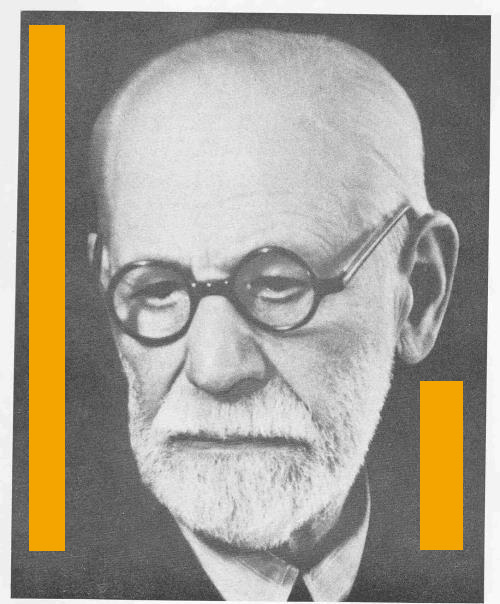deep emo shit
The other day in IRC my good friend Divya brought up Dustin Curtis’s recent blog posts by saying “it seems like he’s so sad.”
I agreed.
To be sure, Dustin’s more recent writing covers topics that his blog has been more or less focusing on since it’s inception (largely tech), but this undertone of “sadness” seems more explicit than in the past.
And it was precisely this explicitness – and perhaps my proximity to this particular story – which served as a reminder of the transparency and vulnerability inherent in writing.
After leaving my job at Twitter, I decided to take a break from writing here. But I didn’t stop writing code (perhaps i even wrote more of it).
Sigmund Freud has this line:
Unexpressed emotions will never die. They are buried alive and will come forth later in uglier ways.
What I hadn’t anticipated, was that the “uglier way” Freud was talking about would be for me javascript.
Its been over a year since Mark and I released [Bootstrap](twitter.github.com/bootstrap), and over the last few months the codebase has seemed largely insufferable. I’m just too impatient for it.
For me, Bootstrap is very fun, not serious – nearly every line is a joke. It’s trying to provoke you. Taking shortcuts. Demanding that you reread it. Reread it again. It’s very pop. Very optimistic, yung. Forward. Playful.
I love it for that. And I wouldn’t dream of changing it. But I just haven’t had the mood for it lately.
The code for my latest project Ratchet is very different. It’s very conservative. It’s not meant to draw attention to itself. It’s very explicit. Assertive, necessary. It’s easy to approach. It’s a vanilla milkshake.
Functionally, the content of both Bootstrap and Ratchet is as it should be. But what’s really interesting to me are the undertones – or rather the potential for the same sort of undertones you would expect to find in literature, or blogs, or any other creative writing form… and I’m finding them in my javascript.
The differences in style between these two projects aren’t just arbitrary preferences. They’re very definite, derived expressions, representative of my mood over time.
For me, these expressions serve as a sort of testament to javascript as a creative language (and perhaps a formal articulation of my discomfort with the idea of something like idiomatic.js).
It’s precisely this potential for expression which makes it not only bearable, but actually exciting to face the implementation of yet another modal or yet another button. Like an artist painting a bowl of fruit, if I had to express each work the same way – with the only variety being in the fruits themselves – I’d surely have gone mad by now.
